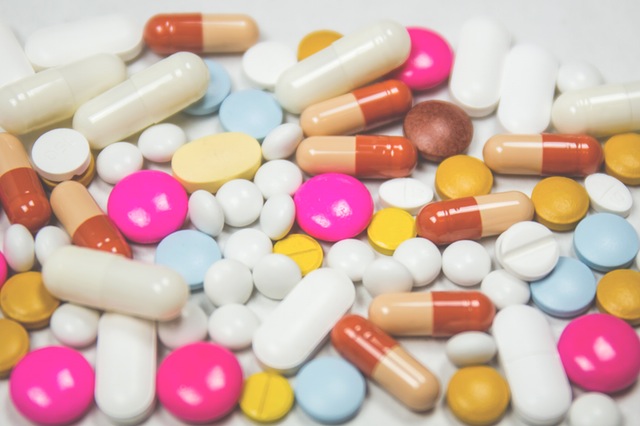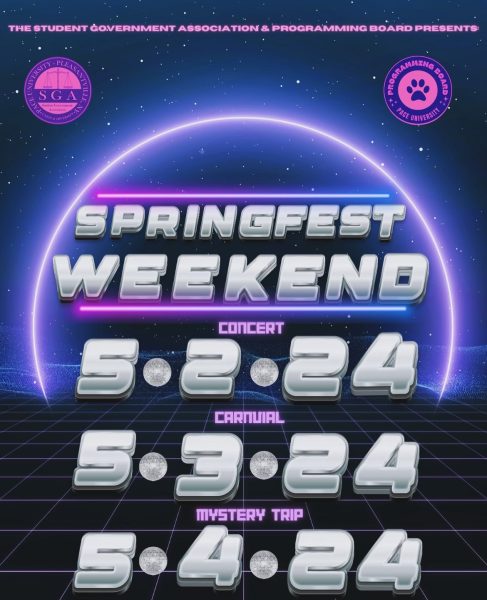What Your Dealer Won’t Tell You About Adderall
October 25, 2016
College is a time where students’ time management skills face the ultimate test. Balancing classes, homework, campus organizations or sports, maintaining a social life, and getting any sleep at all are just some of the tasks that students deal with on a daily basis.
In order to make the most of their time and maximize concentration and motivation, many students turn to “study drugs” such as Adderall.
According to the 2010 National Survey on Drug Use and Health, “More than 11 percent of people ages 12 to 25 reported using prescription drugs for non-medical reasons within the past year, and full-time college students ages 18 to 22 were twice as likely to abuse Adderall as those of the same age not in college.”
Though a doctor may prescribe Adderall to those who suffer from Attention Deficit Hyperactivity Disorder (ADHD) or narcolepsy, those who abuse the drug are more likely to become addicted.
“Adderall is an amphetamine that is similar to cocaine,” said Professor Stacey Casden, who teaches the Psychology of Alcohol and Substance Abuse course in Pleasantville. “So your chances of addiction are similar to those as if you were to become addicted to recreational drugs.”
However, Casden says that those who are prescribed “study drugs” are unlikely to become addicted because of the “way” they use the drug.
“Many times those who use Adderall only need it periodically,” said Casden. “People usually stop taking it over the summer because they are off from school so the chances of addiction are less likely since it’s controlled.”
According to the Center for Drug Abuse, Adderall helps ADHD patients attain a normal ability to focus on tasks without becoming distracted. Those who use Adderall without a prescription and do not have ADHD experience “supercharged” focus and motivation, which is why students tend to use the drug to boost their studying abilities “well beyond” normal in times of high academic stress-like midterms and finals.
However, it is still possible to overdose from Adderall or risk other side effects by abusing the drug, especially if taken with other substances like alcohol.
According to Addiction Center, “Overdose is one of the worst side effects of Adderall abuse, which can lead to heart attack, stroke and liver failure. Taking Adderall with other substances, such as alcohol, heighten the risk of a fatal overdose.”
Prolonged abuse of Adderall can even alter the chemical makeup of your brain.
“Adderall can also cause physical changes in the brain’s neurocircuitry. This can lead to altered behaviors and the development of mental disorders like depression. Some Adderall addicts become suicidal after taking the drug for a prolonged period of time.”
Other side effects include loss of appetite, irregular heartbeat, weight loss, insomnia, nausea, uncontrollable shaking, sexual dysfunction, and even hallucination.
What constitutes as Adderall abuse? Some signs of abuse are taking the drug for purposes other than it is designed for such as getting high, studying, athletic performance, weight loss, and staying awake.
Regardless of someone’s intent, the use of Adderall without a prescription is illegal as is the distribution of the drug.
According to Pace’s Student Handbook, “It is the policy of the University that the unlawful use, possession, sale, distribution, or manufacture of controlled substances and alcohol on University property or at University sponsored programs and activities are prohibited.”
Furthermore, the policy states that violations of the university’s Drug and Alcohol Policy relating to unlawful possession, use, or distribution of controlled substances may result in “disciplinary sanctions” such as probation, suspension, dismissal or expulsion, a $200 fine, and a drug use assessment.












